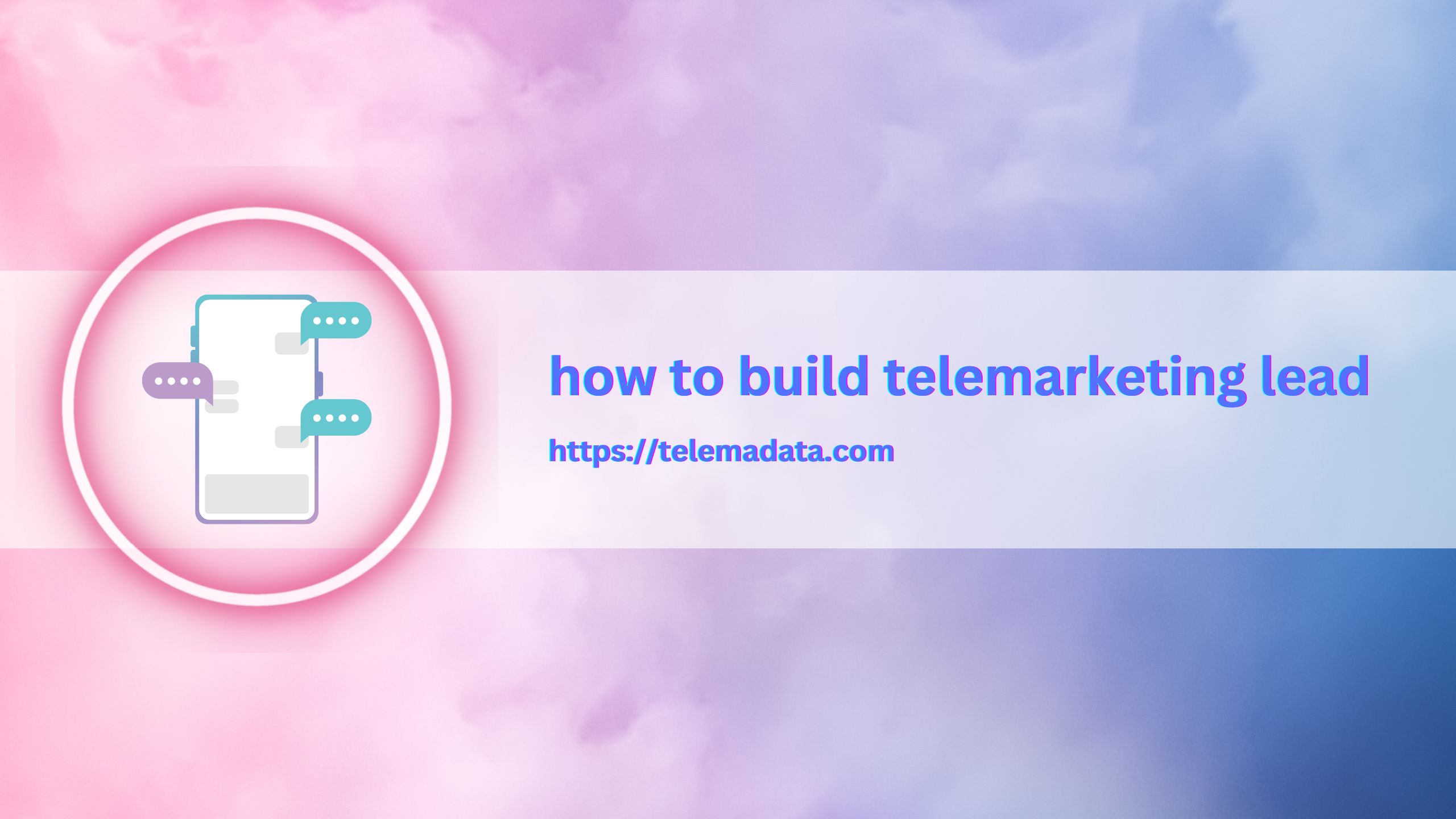In today’s digital age, businesses are increasingly turning to cloud services to store and manage their data. However, with so many options available, it can be challenging to determine which cloud service model is the best fit for your organization. Here are some factors to consider when choosing a cloud service model:
One of the most significant factors to consider when selecting a cloud service model is cost. Different service models come with varying price points, so it is essential to evaluate your budget and choose a model that aligns with your financial constraints. Consider not only the initial setup costs but also ongoing maintenance expenses and any potential scalability costs.
Security compliance
Security should be a top priority when choosing a cloud service model. Look for a provider that offers robust security features, such as encryption, access controls, and regular security audits. Additionally, consider the provider’s certifications and data protection policies to ensure your sensitive information remains secure.
Scalability scalability
Another crucial factor to consider is. Your business needs may change over time, so it is essential to select a cloud service model that can easily scale up or down to accommodate your evolving requirements. Look for a provider that offers flexible pricing plans and the ability to quickly adjust your resources as needed.
Performance is another critical consideration when choosing a cloud service model. Evaluate the provider’s uptime guarantees, data center locations, and network infrastructure to ensure you receive reliable and high-performance service. Consider factors such as latency, bandwidth, and data transfer speeds to determine the model that best suits your performance needs.
Compliance remains
Compliance requirements vary by industry how to build telemarketing lead location, so it is vital to choose a cloud service model that meets all relevant regulations and standards. Look for a provider that offers compliance certifications such as HIPAA, GDPR, or SOC 2 to ensure your data compliant with legal requirements.
Support offered
The level of customer support by a cloud service provider can greatly impact your experience. Consider factors such as response time, availability of support channels, and expertise of support staff when selecting a provider. Look for a provider that offers 24/7 customer support and a dedicated account manager to address any issues promptly.
Integration
Integration capabilities are essential when choosing a cloud თქვენ მართავთ მცირე ონლაინ ბიზნე model. Consider whether the provider offers APIs, plugins, or other tools to seamlessly integrate with your existing systems and applications. Look for a provider that supports popular integrations and offers documentation and support for integration efforts.
Data Storage and Backup
Data storage and backup options are crucial when selecting a cloud service model. Consider factors such as data redundancy, data replication, and disaster recovery capabilities to ensure your data remains safe and accessible at all times. Look for a provider that offers automatic backups, data encryption, and robust storage solutions.
Vendor lock-in is a risk associated with some cloud awb directory models, as it can be challenging to migrate your data and applications to another provider once you are locked in. Consider the provider’s terms and conditions, exit strategy, and data portability options before committing to a service model to avoid potential vendor lock-in issues.
Finally, consider your organization’s future growth plans when choosing a cloud service model. Select a provider that can support your long-term goals and provide room for expansion as your business grows. Consider factors such as geographic reach, service offerings, and pricing flexibility to ensure your cloud service model can scale with your organization.
In conclusion, choosing the right cloud service model for your business requires careful consideration of various factors such as cost, security, scalability, compliance, and support. By evaluating these factors and selecting a provider that aligns with your needs, you can ensure a successful transition to the cloud and maximize the benefits of cloud computing for your organization.



